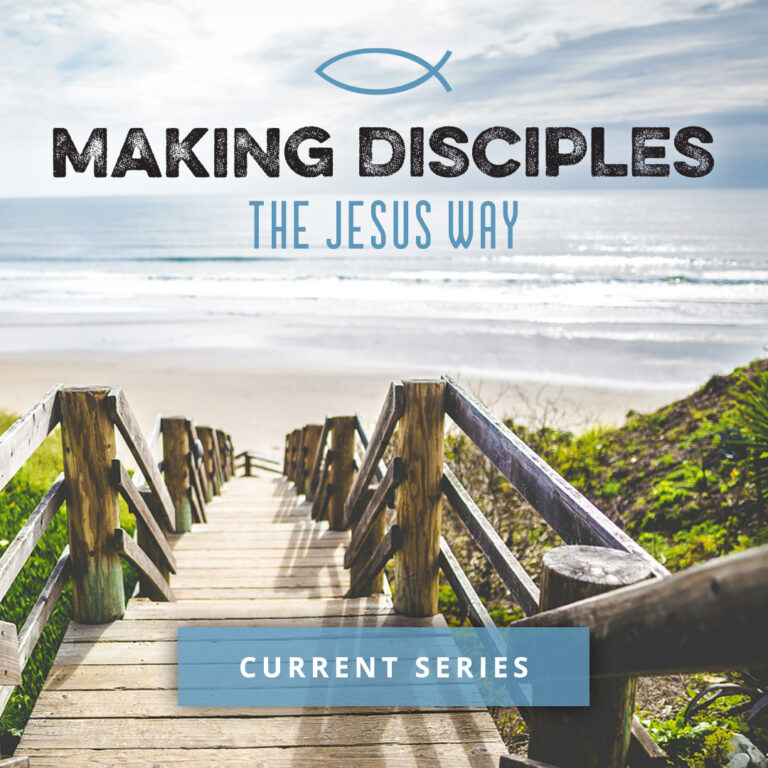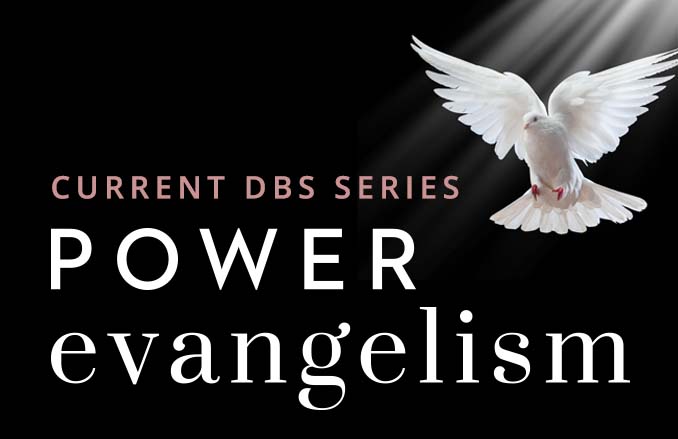Can God be good when life is not?
When life hits hard, it plunges us into a sea of questions we hoped we’d never have to ask. But when you feel broken, abandoned, and are struggling to find answers, there’s a beacon in the storm. This message series focuses on the Hebrew prophet Habakkuk, and best selling author Craig Groeschel’s new book, Hope in the Dark. You will learn learn how to cling to God even when your circumstances are overwhelming, to wrestle with pain and hurts, to struggle with doubts, and to live with unanswered questions believing God can be good when life is not.
(1) WONDERING – Sunday, February 17th
Where are you God? Why have you forsaken me?
More than 2,600 years ago Habakkuk asked those questions and others that we find ourselves still asking today. Sometimes we are confused, perplexed, baffled, disappointed and at times even angry with God. We wonder – Why are you allowing this? Why don’t you listen? Why don’t you save? In this message you will discover that God welcomes our wondering, and when we wrestle with these doubts, ask these questions, and do not run away, we can discover God’s strength in our weakness. What if it takes real pain to experience deep and abiding hope?t it?
(2) waiting – Sunday, February 24th
While we are wondering we are often left waiting for God to answer.
Once Habakkuk had finished asking all his questions, he knew it was time to listen. The same is true for us. When we are confused and hurting we need to learn to listen, to write and to wait. God’s delays are not God’s denials. Some times his answers is not yet! Habakkuk learned to wait for God’s appointed time. We also must learn that if it’s not God’s time, we can’t force it.But, when it is God’s time, we will not be able to stop it. Though it lingers, we must wait for it!
(3) TRUSTING – Sunday, March 3rd
So how do we pull ourselves out of the valley?
Sometimes in the midst of our valleys, in the midst of our suffering and injustice, we begin to see things differently. Our perspective changes and we realize, often in hindsight, that God has brought something amazing and totally unexpected out of the ashes of our loss, grief and heartache. Habakkuk’ s perspective changed, even thought God remained the same. In his valley he remembered who God was and what he had done. He accepted what God was doing. Finally, he trusted what God was going to do. Habakkuk learned to trust God more than any tangible, physical, concrete evidence he encountered. His declaration at the end of his account that in the midst of fruit trees and crops failing, his livestock all gone, and his body a total wreck, “Yet I will rejoice in the Lord, I will be joyful in God my Savior,” says it all. His hope was in God!



